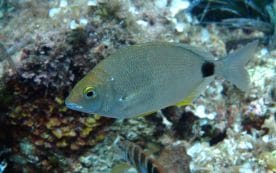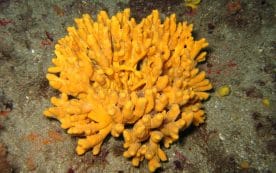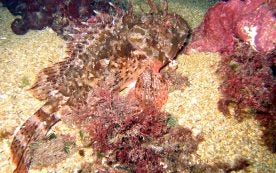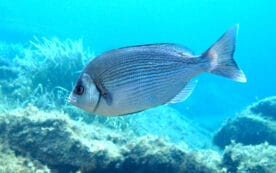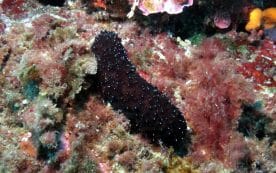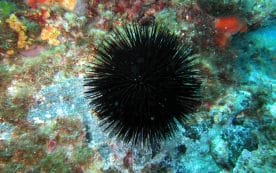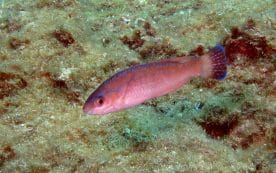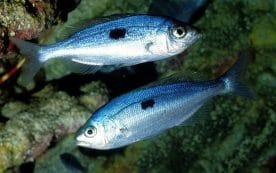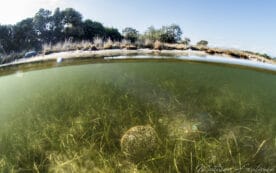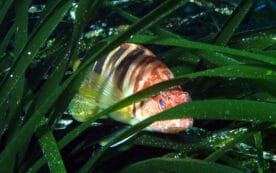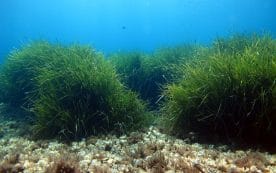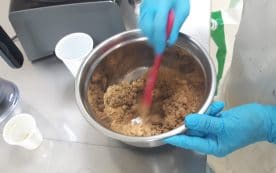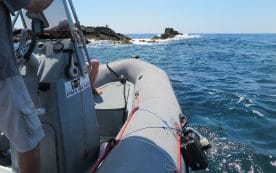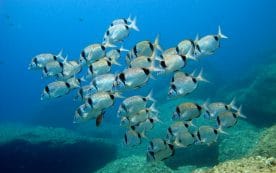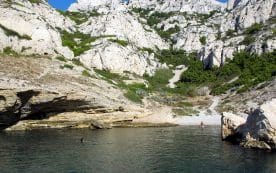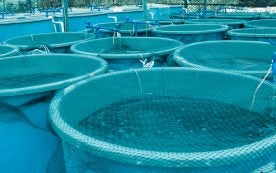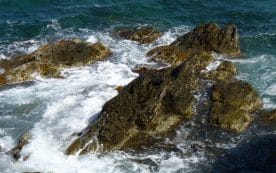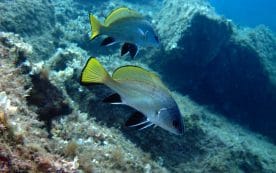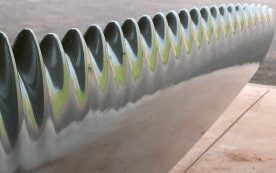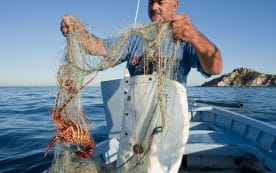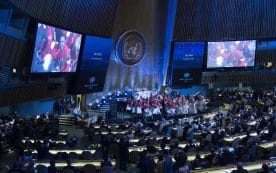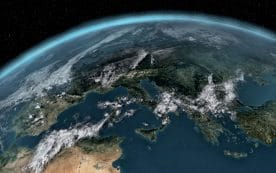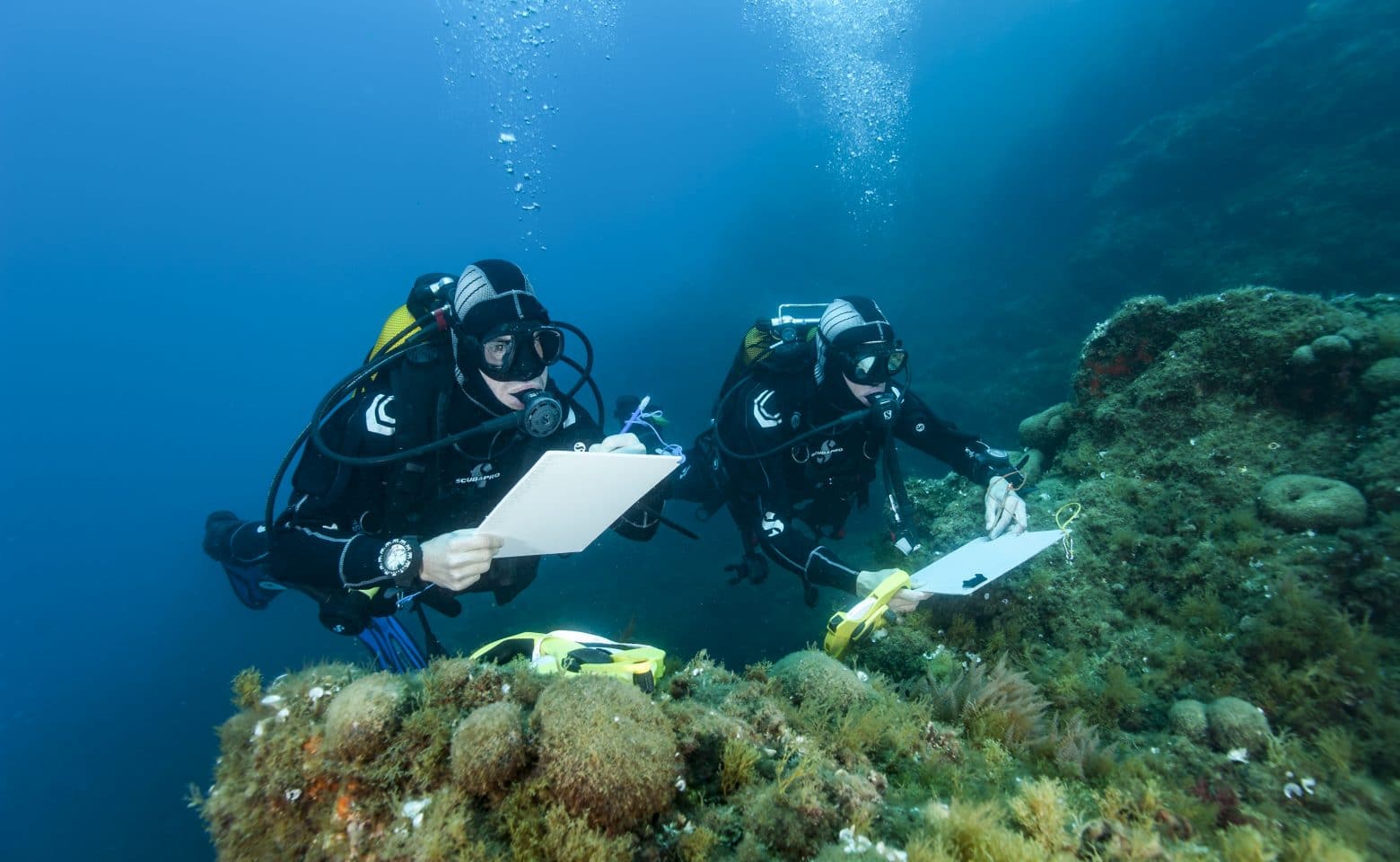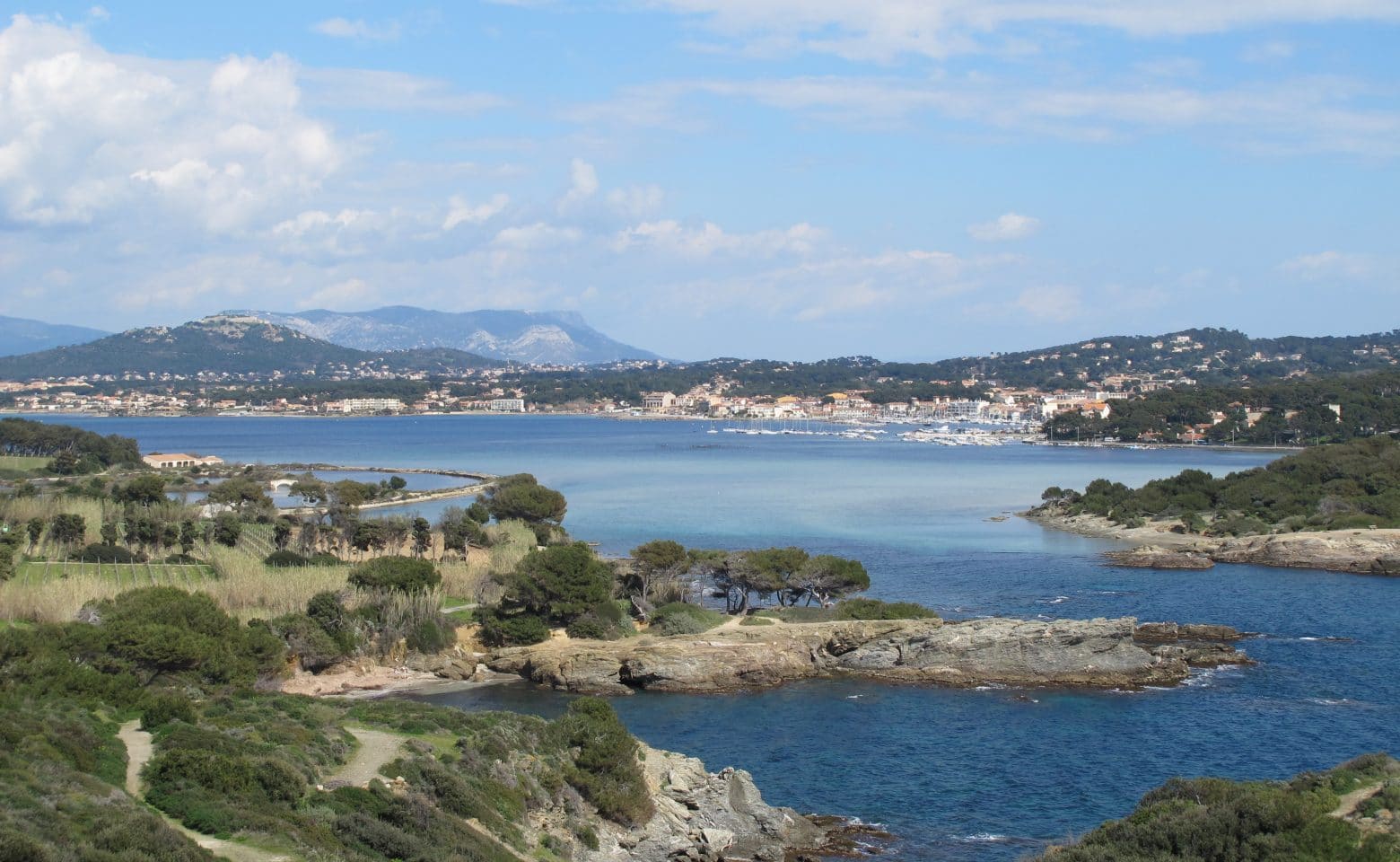The centre comprises several laboratories with the specific state-of-the-art equipment and SCUBA diving gear that biologists need for their ongoing research. There is also an experimental hatchery and aquaculture facility where various species can be produced and matured in a closed circuit (sea urchins, seahorses etc) where all the physical and chemical parameters of the water can be controlled, from temperature to salinity and dissolved oxygen levels.
Proximity to the sea is a real asset, making it easier for researchers to observe and work in the natural environment from day to day and providing easy access to seawater for aquaculture experiments.
The Brusc lagoon, an outstanding natural space and designated Natura 2000 site, serves as an open-air laboratory and a pilot site for marine research, particularly for developing environmental restoration techniques.
The Institute is now completing construction of a centre for competencies and training, a state of the art tool purpose-built to serve the territory. The purpose of this 600 m2 platform is to enhance the territory’s capacity for developing solutions, in particular for sustainable aquaculture, bioremediation and molecular approaches, with the aim of preserving biodiversity.
It will enable researchers to meet the challenges of the coming years, in the face of global change. “The scientists“, insists Robert Bunet, Director of research, “are going to have to get closer to the actors in the field, and the solutions proposed will increasingly need to be based on solutions offered by Nature“.

